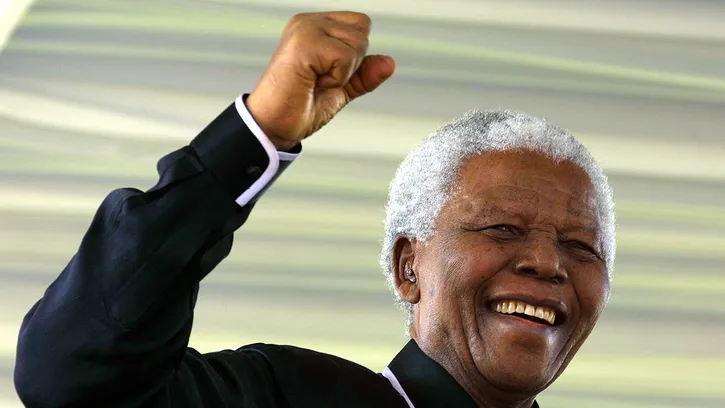Today in history in 1990, a significant moment in South Africa’s history occurred when President F.W. de Klerk decided to lift the 30-year ban on the African National Congress (ANC), leading to the release of Nelson Mandela from prison. This momentous event marked a turning point in the fight against apartheid.
President de Klerk made several other important declarations during his speech, including the allowance for the South African Communist Party and the Pan-Africanist Congress to resume legal political activities within the country. He also lifted restrictions on 33 opposition groups, such as the United Democratic Front, and announced a temporary halt on hangings in South Africa while the death penalty was under review.
Furthermore, de Klerk announced the release of individuals who were imprisoned solely for their association with these aforementioned groups. He also stated that the restrictions imposed on 374 others during the 1986 state of emergency would be lifted.
The political reforms unveiled by de Klerk during his speech were more extensive than what many observers, both within and outside of South Africa, had anticipated. These reforms effectively legalized black nationalist politics, taking significant steps towards power-sharing with the country’s majority black population.
The events of this day signified a major shift in South Africa’s political landscape and marked the beginning of the end of apartheid.





